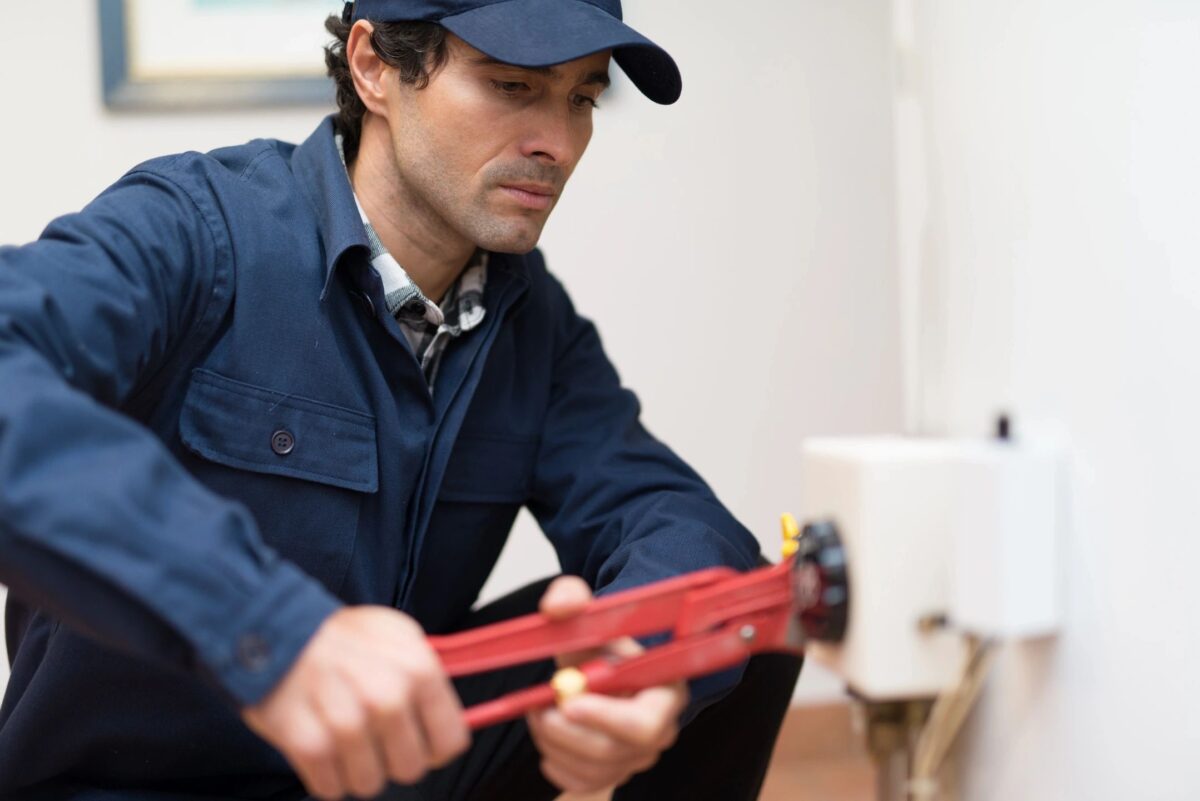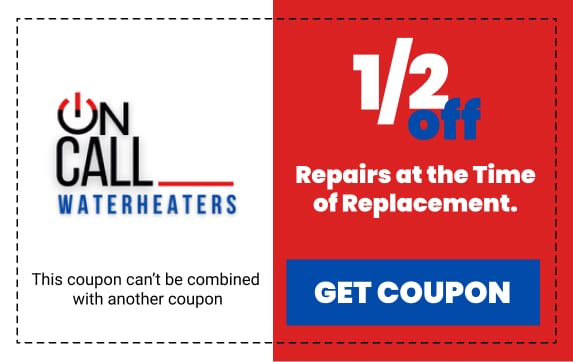If you live in Southern California, you probably enjoy plenty of sunshine, great beaches, and, unfortunately, hard water. While hard water isn’t harmful to your health, it can be a silent nuisance when it comes to your home’s plumbing—especially your water heater.
In this post, we’ll explain what hard water is, how it affects your water heater, and what you can do to keep your system running smoothly in Southern California’s unique environment.
What Is Hard Water?
Hard water contains high levels of dissolved minerals, primarily calcium and magnesium. These minerals aren’t dangerous to drink, but they do cause problems in plumbing systems and appliances.
Southern California’s water is known for its hardness, especially in inland areas like Riverside and San Bernardino, as well as some parts of Los Angeles and Orange Counties. This is due to the natural geology and the sources of the region’s water, which often pick up mineral content along the way.
While hard water might leave your hair feeling a little less soft, its biggest impact is on household appliances like your water heater.
How Hard Water Affects Your Water Heater
Water heaters—both tank and tankless—are vulnerable to the effects of hard water. Here are the main ways those minerals cause trouble:
Sediment Buildup
As hard water flows into your water heater, calcium and magnesium minerals settle at the bottom of the tank (for traditional tank heaters). Over time, this sediment builds up and creates a layer that acts as insulation between the heating element and the water.
This means your water heater has to work harder and longer to heat the water, which increases energy usage and wears down the system faster. If you’ve noticed that your hot water isn’t quite as hot or takes longer to heat, sediment buildup could be the culprit.
Reduced Efficiency
Not only does sediment buildup force your water heater to work overtime, but it also reduces overall efficiency. In a tankless system, mineral deposits can clog the small pipes and heating elements, leading to lower water flow and uneven heating.
The result? You pay more for energy and get less reliable hot water.
Corrosion and Damage
Hard water doesn’t just create mineral deposits—it can also accelerate corrosion inside your water heater. Calcium and magnesium can trap heat and increase pressure inside the tank, which may cause cracks or leaks over time.
Additionally, hard water can degrade the anode rod—a critical part inside your tank that prevents rust. Once the anode rod wears out, the tank itself becomes vulnerable to rust and leaks.
Signs Hard Water Is Affecting Your Water Heater
How can you tell if hard water is causing problems? Look out for these warning signs:
Hot water runs out faster than usual
Water takes longer than normal to heat up
Strange rumbling or popping noises from the tank
Higher-than-normal energy bills
White or chalky buildup around faucets and showerheads
If you spot any of these, it’s a good idea to have your water heater inspected. Fortunately, an expert is just a phone call away. Contact On Call Water Heaters today!
What Can Southern California Homeowners Do?
Fortunately, there are several effective ways to minimize hard water damage and keep your water heater running efficiently.
Flush Your Water Heater Regularly
For traditional tank water heaters, flushing the tank every six to twelve months can help remove sediment buildup. If you’re comfortable with basic home maintenance, it’s a task you can do yourself. Otherwise, hire a professional plumber to keep things in check.
Consider a Water Softener
Installing a whole-house water softener is one of the best ways to reduce mineral content in your water. While it requires an upfront investment, it pays off by extending the lifespan of your water heater, plumbing, and appliances.
Descale Tankless Water Heaters
Tankless systems require periodic descaling to prevent mineral buildup inside the pipes and heating elements. Most manufacturers recommend annual descaling, especially in areas with hard water like Southern California.
Replace the Anode Rod When Needed
The anode rod protects your tank from rust but wears down over time, especially in hard water conditions. Have your plumber check it during routine maintenance and replace it as needed to prolong your water heater’s life.
Final Thoughts
Living in Southern California means dealing with hard water—and while it’s not a major health concern, it can silently damage your water heater and increase energy costs.
Regular maintenance, water softening, and knowing the signs of hard water issues can help you avoid costly repairs and ensure your home always has reliable hot water.
If you’re unsure about your water heater’s condition or want advice tailored to your specific situation, don’t hesitate to contact the pros at On Call Water Heaters today!
























